In 2005, myself, Amanda Williams and Sarina Mann were passionate about Fairtrade.
We set up BU’s first Fairtrade Steering Group (still going strong), Sarina and I wrote a booklet to explain the concept https://microsites.bournemouth.ac.uk/the-global-perspective/files/2015/04/GuidetoFairTrade-final.pdf , and then we worked hard to gain accreditation for BU from the Fairtrade Foundation – achieved in 2006.
Ten years later, and I am delighted to say that we have retained our Fairtrade status throughout the period. The Steering Group meets each term (different membership but I have been constant). We have supported Bournemouth to become a Fairtrade Town and worked with Poole. We have delivered countless workshops. We are still running events. We continue to explore initiatives to educate others (collaborating with students, business, schools and faith groups). We continue to explain how Fairtrade, as an alternative, offers those in developing countries the opportunity to sustain themselves.
Fairtrade continues to be an element of BU’s sustainable development work.
This year, we have entered the South West Fairtrade Business Awards and have been notified that we shall be a ‘finalist’. The Awards are free to enter for all sizes of business in the South West region. Entrants can win either a bronze, silver or gold level Award – so while we are not sure at this point what we shall get – fingers crossed!
http://www.bristolfairtrade.org.uk/#!business-awards-2016/c21qo
Irrespective of what we win, it promises to be fun. The Awards Ceremony in 2016 will be hosted by Liz Earle MBE – one of Britain’s leading business women. She is best known for her passion for botanical beauty, natural health and wellbeing, as well as for environmental and sustainable sourcing. One of her latest ventures is Liz Earle Fair and Fine Jewellery (100% certified Fairtrade).
Later this year we shall also be holding further events to mark our ‘Ten years Fairtrade” celebration. Information will be forthcoming.
But before then, can I just end with a reminder to you all:
Fairtrade Fortnight is the 29 February – 13 March. The theme this year is
‘Sit down for Breakfast, stand up for farmers’.
We shall be celebrating Fairtrade Fortnight at venues across campus but we also need others to participate. Could you hold an event in your Faculty/Department – a Fairtrade Breakfast perhaps? Even better if you were able to introduce Fairtrade into your teaching during that two weeks – brilliant!
We should all be proud of BU’s Fairtrade commitment!

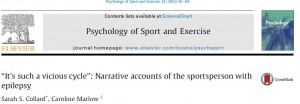 Dr. Sarah Collard (based in FHSS) had her article “It’s such a vicious cycle”: Narrative accounts of the sportsperson with epilepsy accepted in the scientific journal Psychology of Sport and Exercise. [1] The paper, co-authored with Caroline Marlow, addresses the issues of the psychosocial barriers and benefits of exercising for the sportsperson/people with epilepsy (SWE). Her qualitative research presents the narratives of SWE over time and as a result, offers a deeper understanding of the psychosocial impact of exercising with epilepsy.
Dr. Sarah Collard (based in FHSS) had her article “It’s such a vicious cycle”: Narrative accounts of the sportsperson with epilepsy accepted in the scientific journal Psychology of Sport and Exercise. [1] The paper, co-authored with Caroline Marlow, addresses the issues of the psychosocial barriers and benefits of exercising for the sportsperson/people with epilepsy (SWE). Her qualitative research presents the narratives of SWE over time and as a result, offers a deeper understanding of the psychosocial impact of exercising with epilepsy.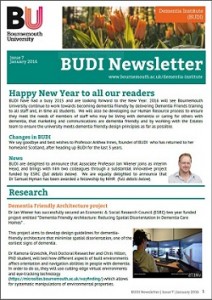
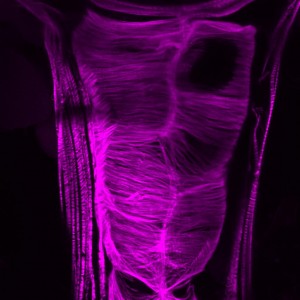
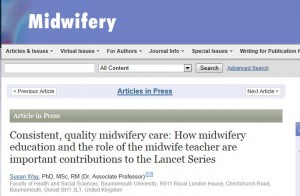
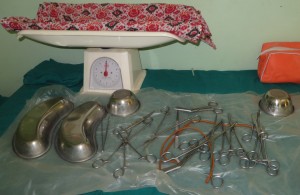
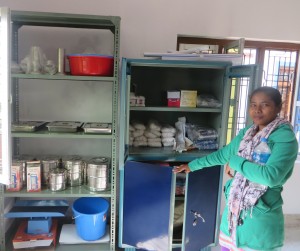

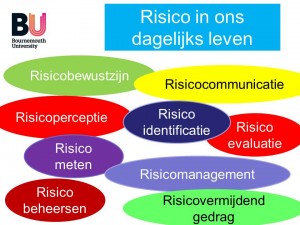





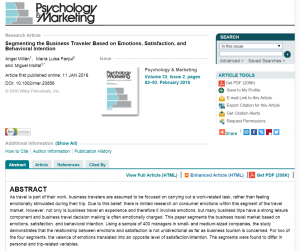

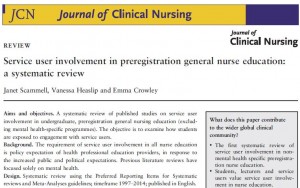
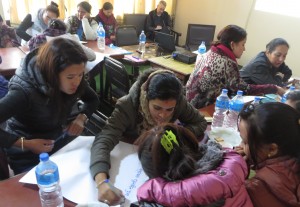
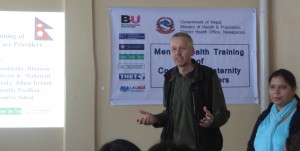

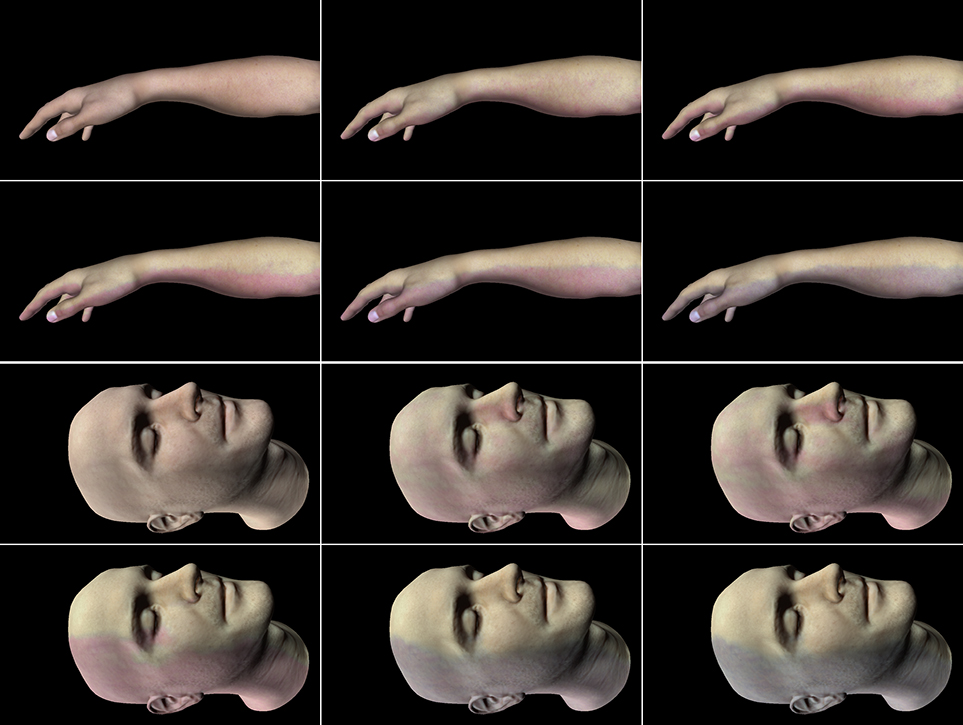











 ESRC Festival of Social Science 2024 Open Call – Deadline for Applications Thursday 16 May
ESRC Festival of Social Science 2024 Open Call – Deadline for Applications Thursday 16 May We can help promote your public engagement event or activity
We can help promote your public engagement event or activity Horizon Europe News – December 2023
Horizon Europe News – December 2023